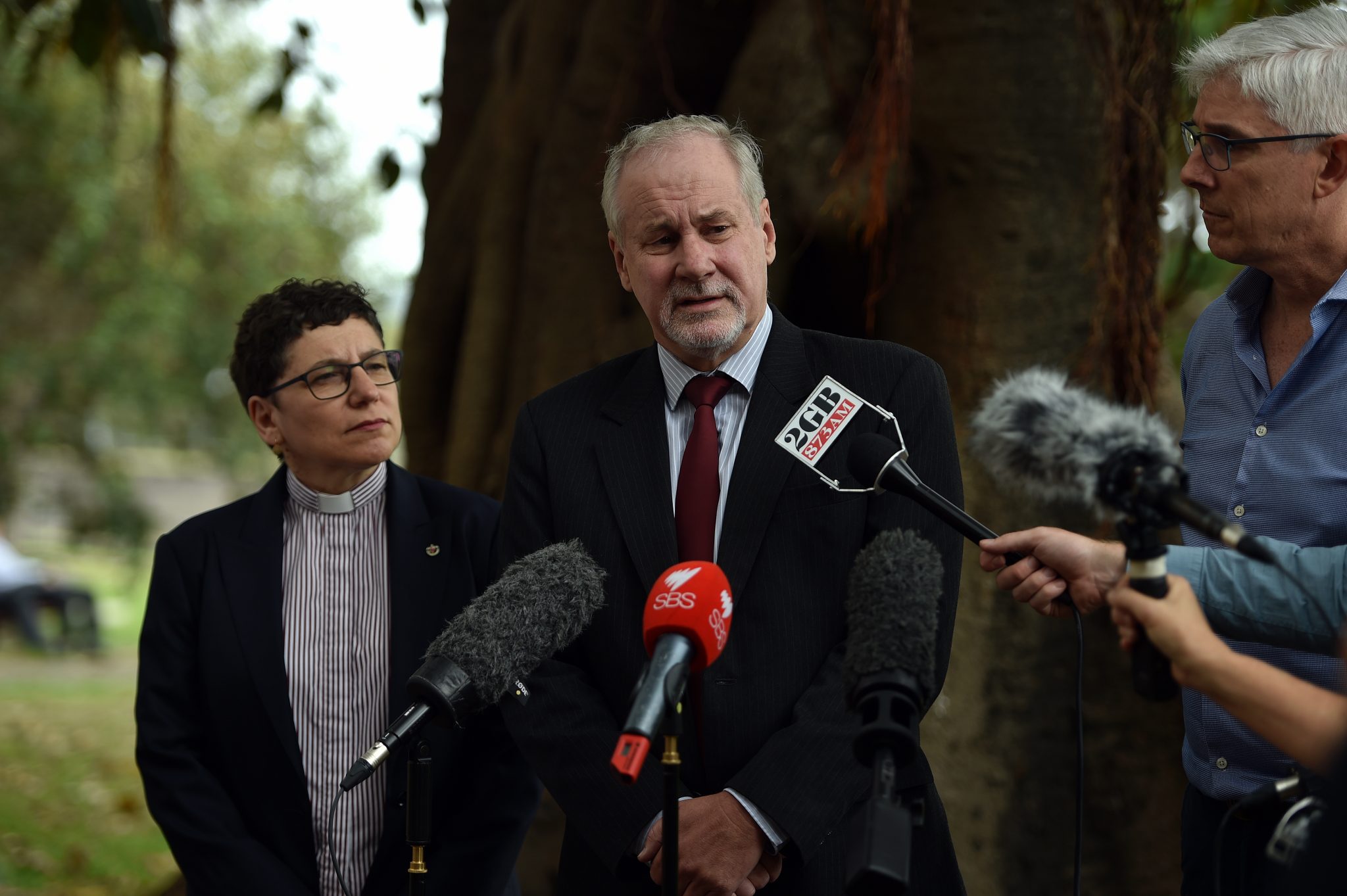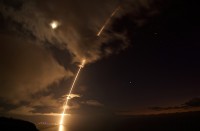
Australia on February 3, 2017 was scrambling to come to terms with the realisation that decades as one of the closest of US allies may count for little in the “America First” vision of President Donald Trump. / AFP PHOTO /
by Barry PARKER
Agence France Presse
SYDNEY, Australia (AFP) — Australia on Friday was scrambling to come to terms with the realization that decades as one of the closest of US allies may count for little in the “America First” vision of President Donald Trump.
Australia has fought alongside the United States in most major conflicts since World War II, including Korea, Vietnam, the Gulf War, Afghanistan and Iraq, and the current campaign against the Islamic State group.
But it took only a heated phone call from Trump to confirm Australia could expect to be treated no different to Mexico, Canada, Iran or anyone else who has felt public humiliation from Trump’s tongue and social media feed.
Trump’s ire was triggered by a vague agreement entered into with former president Barack Obama last year to take in refugees Australia has parked on remote Pacific islands.
Canberra is also one of the trusted “Five Eyes” countries with which the US routinely shares sensitive intelligence, but the Washington Post said Trump abruptly cut short a fiery conversation with Prime Minister Malcolm Turnbull on Sunday after slamming the refugee agreement.
Soon after leaks emerged Thursday of “the worst call by far” Trump had with Turnbull, the new president got to work.
“Do you believe it? The Obama Administration agreed to take thousands of illegal immigrants from Australia. Why? I will study this dumb deal!” Trump tweeted.
Canberra, used to cosy security and political ties with successive US governments, did not see it coming despite plenty of warning, notably the uncomfortable time British Prime Minister Theresa May endured in Washington and the diplomatic crisis with Mexico.
Australia has to wake up to the new dynamic where “alliances don’t mean much to him (Trump)”, politics professor John Hewson told AFP.
“We’ve seen it in his comments about NATO, the UN, China and many more countries.
“While we aren’t going to give up on the alliance, we should realistically say, ‘Look, what can we expect this guy to do moving forward?'”
And Trump had shown “it’s not just America first but also America only”, the former Liberal opposition leader said.
‘Blinkered reliance’
The difficulty of handling Trump was on display again within hours and his unpredictable pendulum seemed to swing as he declared his “love for Australia”.
“I have a lot of respect for Australia, I love Australia as a country,” Trump said, suggesting people should not “worry” about the “tough” calls he was making to world leaders.
“We simply have no idea what’s going to happen,” said political scientist Belinda Edwards, but foresaw “contingency planning around the notion that the (US-Australia) alliance is no longer reliable.
“We have had a somewhat blinkered reliance and set of assumptions about the alliance which we have often tended not to look past,” she told AFP.
“Suddenly Australian policymakers will be giving really serious credence and consideration to how would we organise ourselves in a world where we couldn’t rely on the alliance.”
As the dust settled, Turnbull told reporters in Sydney Friday he still thought he had a deal, despite everything.
“The (White House) spokesman said that we had a very cordial conversation,” the prime minister said.
“The president made a commitment to honour the deal that had been entered into by his predecessor.
“That’s been confirmed now several times and it’s very important that it goes ahead.”
Hewson doubted Washington would end up taking any of the 1,600 refugees on Manus and Nauru but saw real difficulties ahead while “world leaders are scrambling for an effective response.
“Trump will soon learn that he can’t run a government as he ran his businesses and will be progressively eaten by detail and the practical difficulties of administration.
“He can’t govern by tweets.”
However former prime minister Kevin Rudd said the relationship with Washington was “big enough, old enough and ugly enough” to handle the latest flare-up.
“I think this snafu will blow over and we’ll get back to the fundamentals of the relationship,” Rudd told CNN.
© 1994-2017 Agence France-Presse







